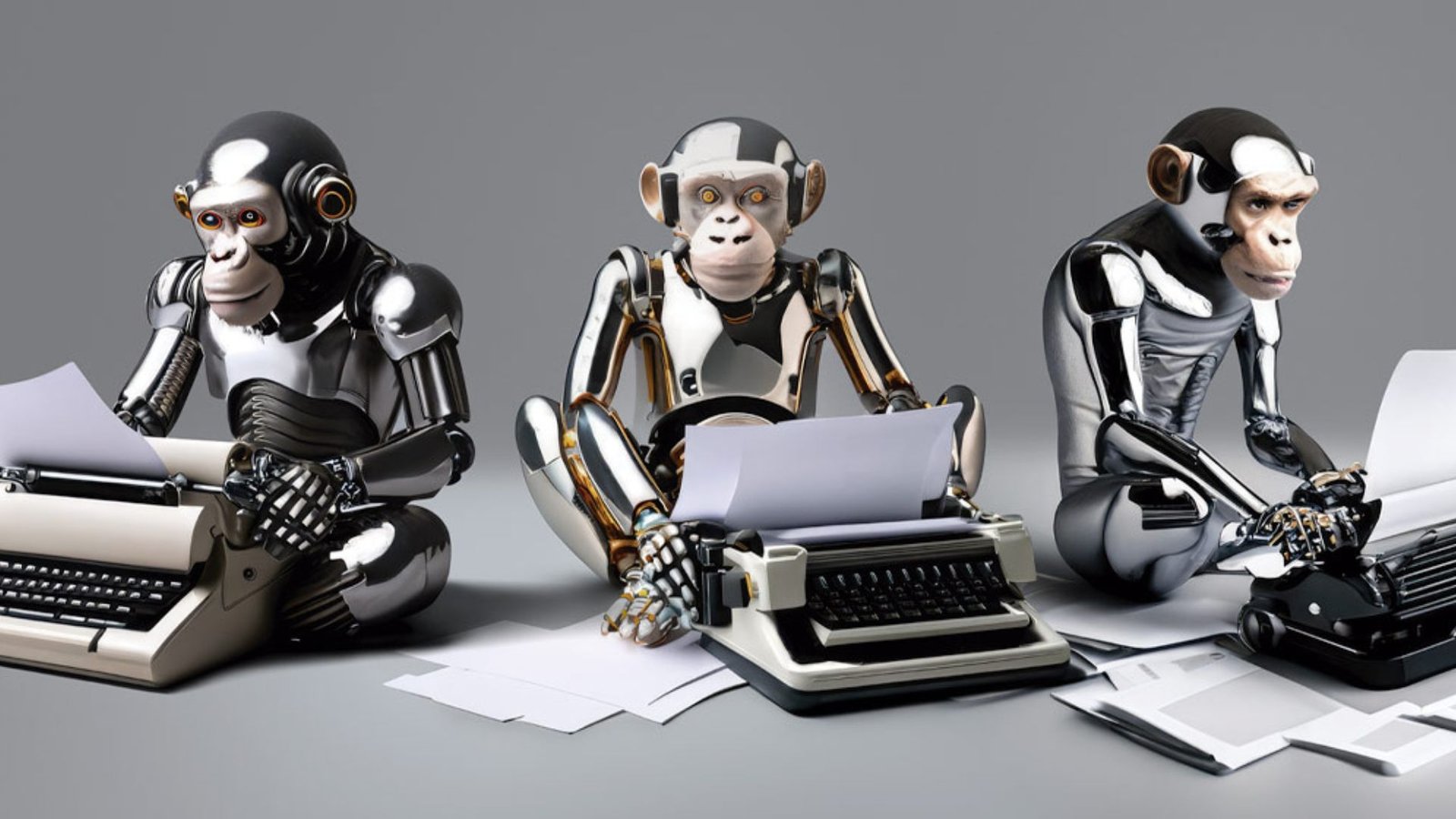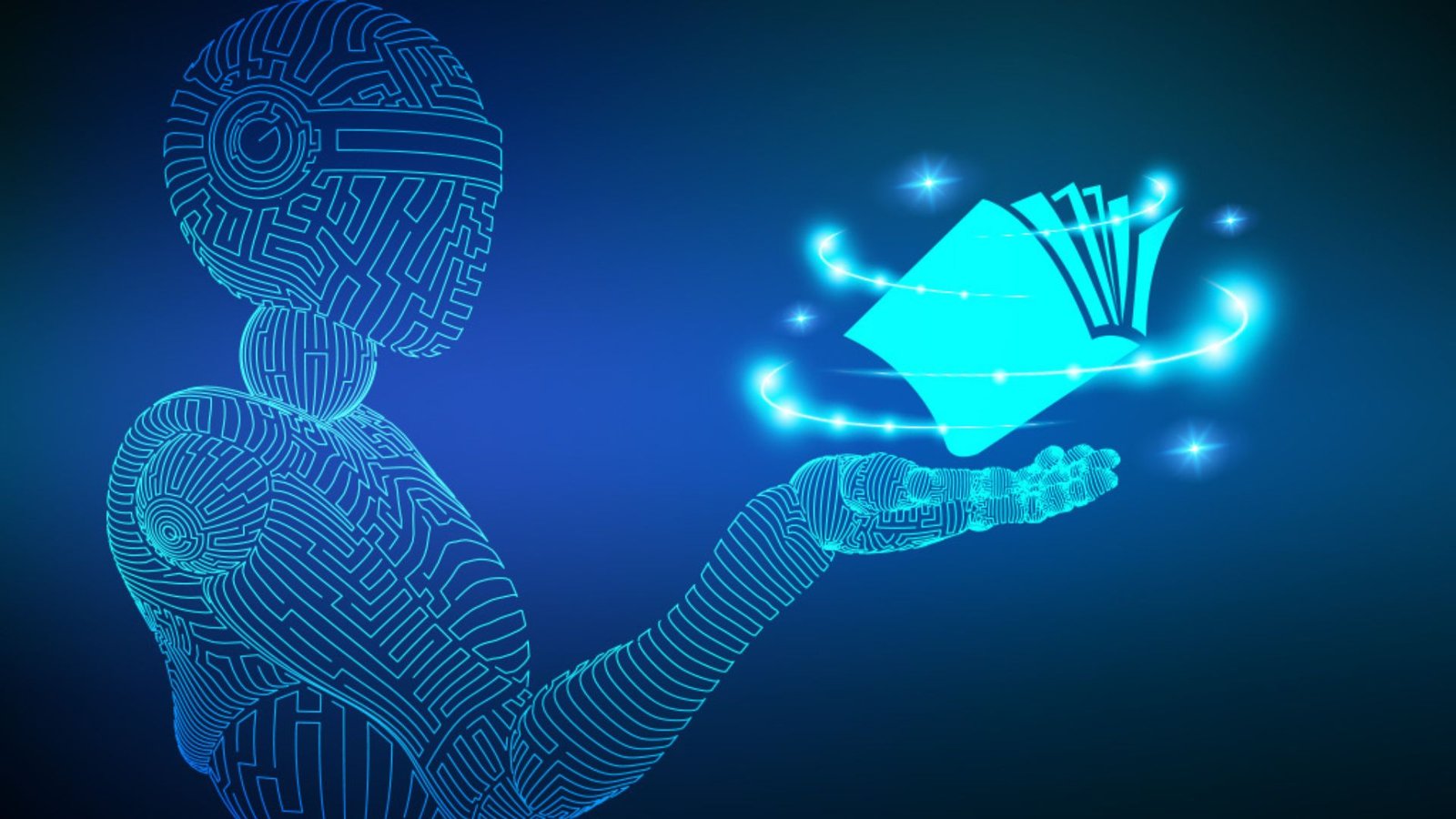|
Getting your Trinity Audio player ready...
|
Literature and Artificial Intelligence converge in a dynamic fusion that ignites curiosity and scepticism alike. As the realms of human creativity and technological innovation intersect, a fundamental question emerges: Can AI authentically replicate the nuanced artistry of human writing? This inquiry serves as a gateway to unravelling the intricacies of AI’s role in literature. While AI demonstrates remarkable prowess in generating text, its ability to capture the essence of human expression remains a subject of debate. The complexity of literary creation extends beyond syntax and semantics, delving into realms of emotion, cultural context, and individual voice. AI’s capacity to navigate these depths is both a testament to its potential and a reminder of its limitations. As we venture deeper into this evolving landscape, the exploration of AI’s capabilities in literature unveils a tapestry of possibilities, prompting reflection on the nature of creativity and the essence of human storytelling.
Unveiling AI’s Literary Endeavours
AI’s entry into the realm of literature is not a recent development but rather a journey punctuated by notable achievements. With advancements ranging from algorithmic poetry generators to narrative-generating neural networks, AI has traversed a spectrum of literary genres and styles. These endeavours showcase AI’s adaptability and potential to mimic human language patterns and storytelling techniques. However, as AI-produced literature garners attention for its coherence and sometimes even its emotive qualities, it also prompts profound reflection on the essence of human creativity and expression. While AI can replicate surface-level aspects of writing, such as syntax and structure, the intangible elements that define human literature—emotion, cultural context, personal experience—remain elusive. Thus, while AI’s foray into literature is undeniably impressive, it serves as a catalyst for deeper exploration into the nature of creativity and the unique qualities that distinguish human-authored works.

The Rise of AI Authors
AI-generated literature has garnered attention for its ability to produce coherent and sometimes captivating narratives. Projects like OpenAI’s GPT series and DeepMind’s attempts at storytelling showcase AI’s proficiency in mimicking human language patterns. Yet, the question persists: Does AI truly comprehend the nuances of storytelling, or does it merely simulate them?
Navigating the Nuances of Narrative
Narrative intricacies pose a formidable challenge for AI. While it can generate text based on learned patterns, imbuing narratives with depth, emotion, and cultural context remains elusive. Human writers draw from personal experiences, societal influences, and emotional intelligence to craft compelling stories—a feat that AI struggles to replicate authentically.
The Artistry of Language
Language is more than a string of words; it is a vehicle for conveying meaning, emotion, and cultural nuances. Human writers infuse their work with subtleties, wordplay, and literary devices that reflect their unique voice and perspective. AI, while proficient in mimicking syntax and semantics, often falls short in capturing the essence and subtleties of human expression.
The Role of Training Data
The quality and diversity of training data significantly influence AI-generated literature. Biases inherent in datasets can manifest in AI-generated text, perpetuating stereotypes and reinforcing societal prejudices. Moreover, the reliance on existing texts raises questions about originality and creativity in AI-generated works.
Exploring Ethical Implications
Ethical considerations loom large in the realm of AI-generated literature. Questions of authorship, intellectual property, and cultural appropriation underscore the need for ethical guidelines and regulations. As AI continues to blur the lines between human and machine creativity, ethical discourse becomes paramount in navigating this uncharted territory.
Charting the Future of AI in Literature
The trajectory of AI in literature is a testament to human ingenuity and technological progress. While AI has demonstrated remarkable capabilities in generating text, its role remains complementary to human creativity. Collaboration between AI and human writers holds promise for innovative storytelling, pushing the boundaries of literary expression.
Embracing Collaboration
Rather than viewing AI as a threat to human creativity, embracing it as a collaborator opens new avenues for literary exploration. AI tools can assist writers in generating ideas, refining drafts, and exploring creative possibilities. This symbiotic relationship between human writers and AI fosters innovation and expands the horizons of literary expression.
Conclusion
In the nexus where literature intersects with artificial intelligence, a captivating journey unfolds, characterized by a blend of innovation, challenges, and ethical dilemmas. While AI has undeniably advanced in its ability to generate text, it pales in comparison to the multifaceted brilliance of human creativity. The essence of human expression, with its depth of emotion, cultural resonance, and individuality, remains a hallmark that AI struggles to fully emulate. However, rather than viewing AI as a threat to human ingenuity, embracing it as a collaborative tool holds promise for the future of literature. This partnership between human writers and AI technologies opens doors to novel storytelling techniques and imaginative possibilities. As we navigate the ever-evolving landscape of AI in literature, grappling with its capabilities and constraints, we gain invaluable insights into both the potential of artificial intelligence and the enduring spirit of human creativity.
You might be interested in:
